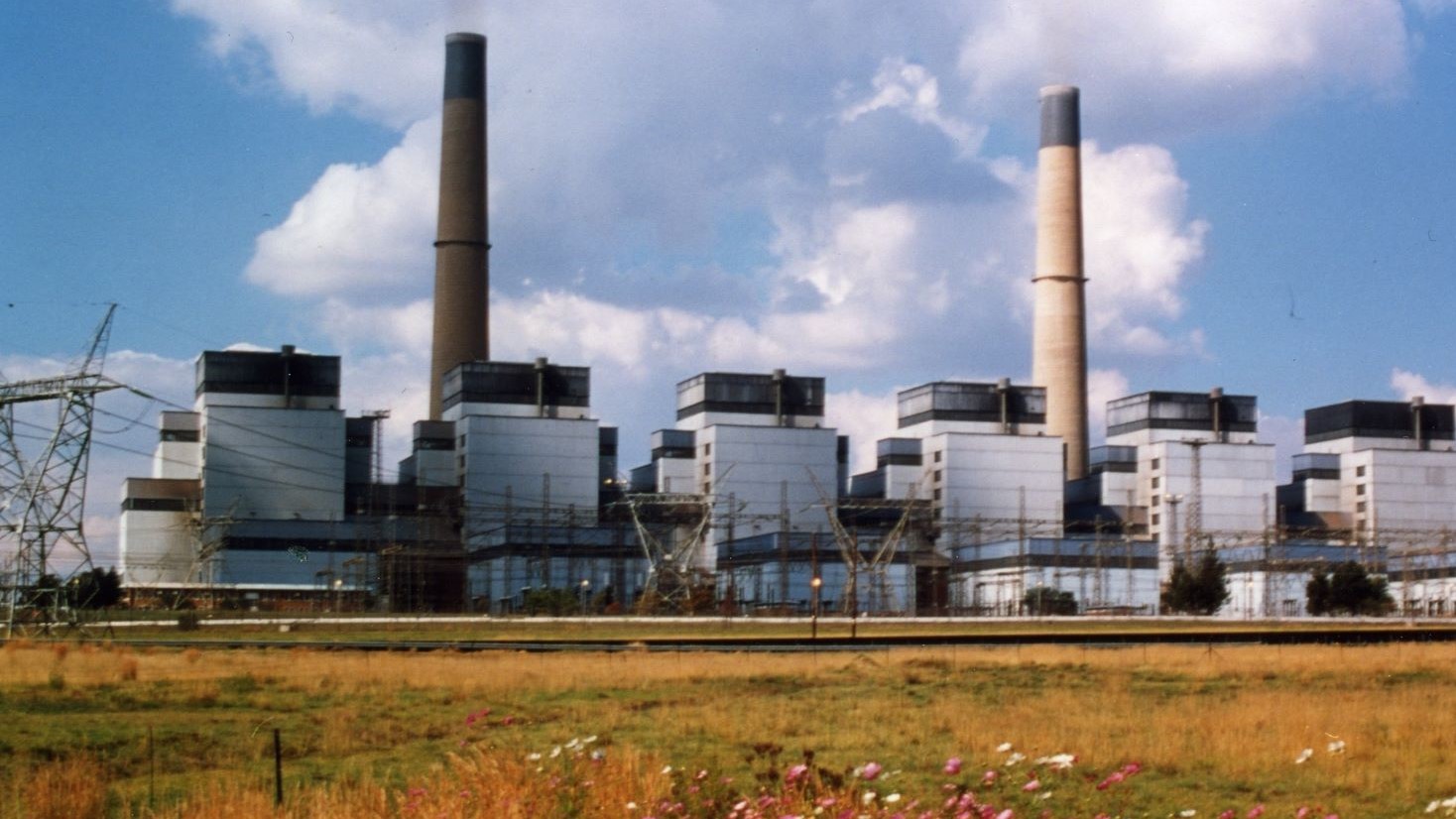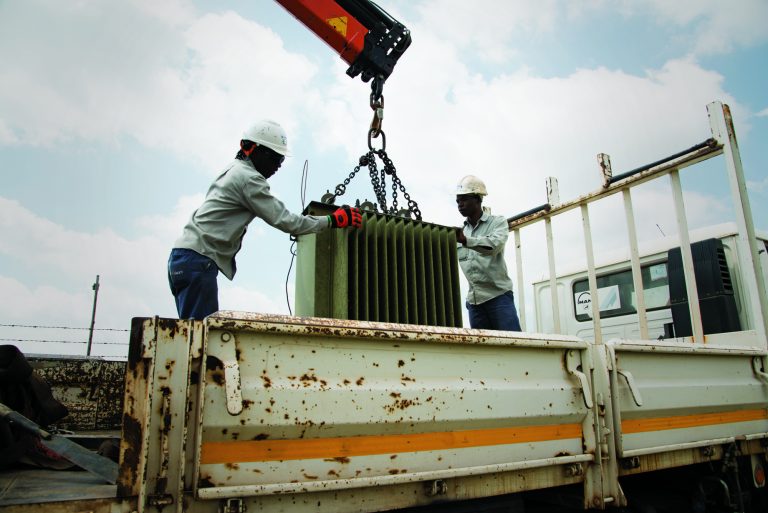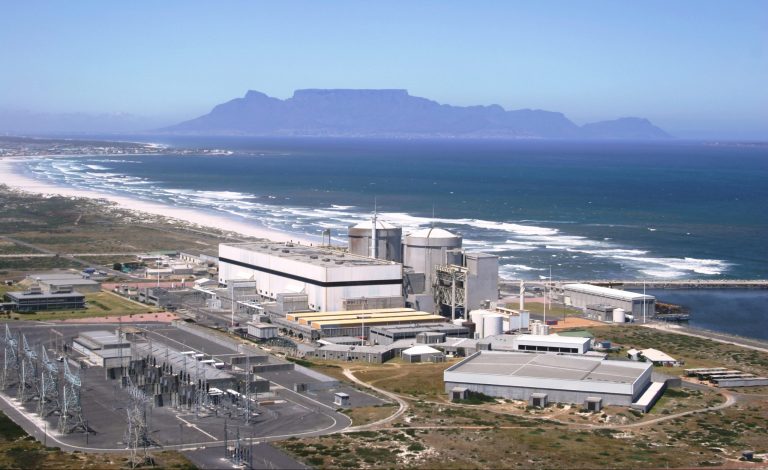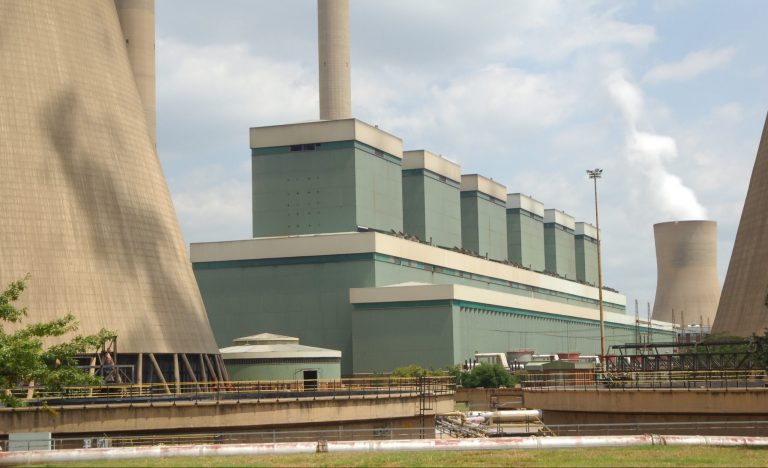Stage 3 loadshedding will be implemented this afternoon and on Wednesday afternoon at 16:00 – 05:00 while Stage 2 loadshedding will be implemented at 05:00 – 16:00 until further notice
Tuesday, 06 December 2022: Stage 3 loadshedding will be implemented this afternoon at 16:00 – 05:00 tomorrow morning and on Wednesday afternoon at the same time. Stage 2 loadshedding will continue being implemented at 05:00 – 16:00 daily until further notice. Eskom will publish a further update as soon as there are any significant changes.
Loadshedding is being implemented due to a high number of breakdowns and the requirement to preserve the remaining emergency generation reserves while creating space to replenish the dam levels at the pumped storage schemes.
A generating unit each at Camden and Kendal power stations were taken offline for repairs over the past 24 hours. The delay in returning to service a generating unit each at Arnot, Kriel and Matla power stations has contributed to the capacity constraints.
A generating unit each at Arnot, Duvha, Grootvlei, Kendal, Kriel, Lethabo, and two units at Majuba power stations were returned to service during this period.
We currently have 4 394MW on planned maintenance, while another 16 880MW of capacity is unavailable due to breakdowns.
As previously communicated, due to the depletion of the budget to acquire diesel for the Open Cycle Gas Turbines, Eskom has been forced to strictly conserve the remainder of the fuel reserves to protect against further unplanned outages.
The refuelling and maintenance outage starting this week, as well as the long-term operation project of Unit 1 of the Koeberg Nuclear Power Station, together with the October chimney failure that has forced three generation units offline at Kusile Power Station, will further reduce available generation capacity and significantly increase the occurrence of loadshedding during the next 6 -12 months.
Eskom requests the public to exercise patience and tolerance during this difficult period.
Loadshedding is implemented only as a last resort in view of the shortage of generation capacity and the need to attend to breakdowns.
ENDS






